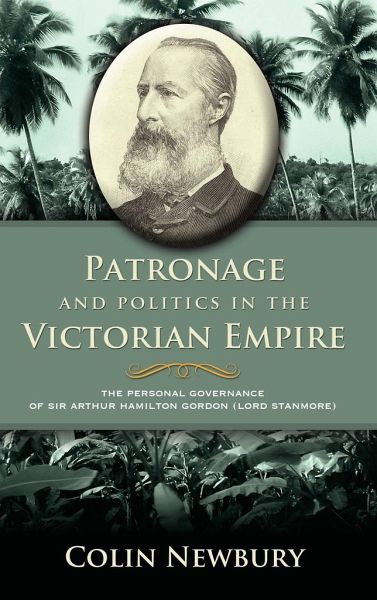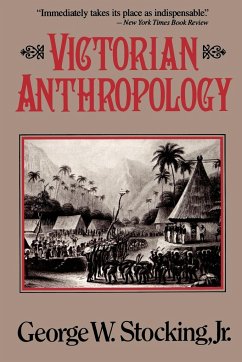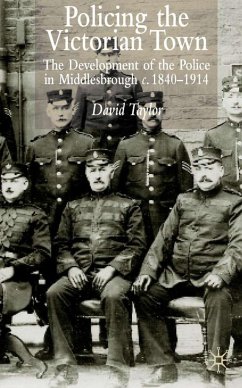Nicht lieferbar

Patronage and Politics in the Victorian Empire
The Personal Governance of Sir Arthur Hamilton Gordon (Lord Stanmore)
Versandkostenfrei!
Nicht lieferbar
This innovative approach is based primarily on Gordon's abundant private papers, colonial office patronage files, territorial files, and colonial office lists of appointments and promotions in the crown colonies he governed. By digging deeper and using these neglected tools, his personal network of friends and allies can be reconstructed and its utility for his administrative purposes and his career advancement assessed. Moreover, since the 1960s, there has been a steady output of country histories using local records as well as metropolitan sources and providing a better contextual background...
This innovative approach is based primarily on Gordon's abundant private papers, colonial office patronage files, territorial files, and colonial office lists of appointments and promotions in the crown colonies he governed. By digging deeper and using these neglected tools, his personal network of friends and allies can be reconstructed and its utility for his administrative purposes and his career advancement assessed. Moreover, since the 1960s, there has been a steady output of country histories using local records as well as metropolitan sources and providing a better contextual background to Gordon's work. This is especially true for crown colonies in the West Indies and the Indian Ocean in the aftermath of slave emancipation, where Gordon encountered planter opposition to reform of immigrant indenture. It is no less true for Fiji and Ceylon (Sri Lanka) where there is a particular need to reassess the work of a man who is held responsible, in the first case, for creating an administrative system that entrenched indigenous political and economic rights at the expense of Indian settlers, and in the second for holding his civil service in contempt and favouring the leaders of one indigenous caste at the expense of others. For New Brunswick and New Zealand, too, there are strong reasons for revising earlier judgements concerning his role in applying imperial policy in the period before Canadian confederation or for exceeding his constitutional role in investigating Maori land issues. The intended academic readership, therefore, includes political scientists and anthropologists with an interest in patron-client relations, as well as students and historians familiar with the controversies surrounding imperial studies and the emergence of new states.















